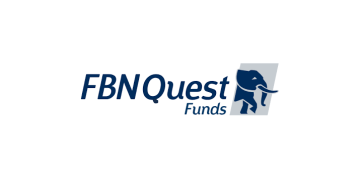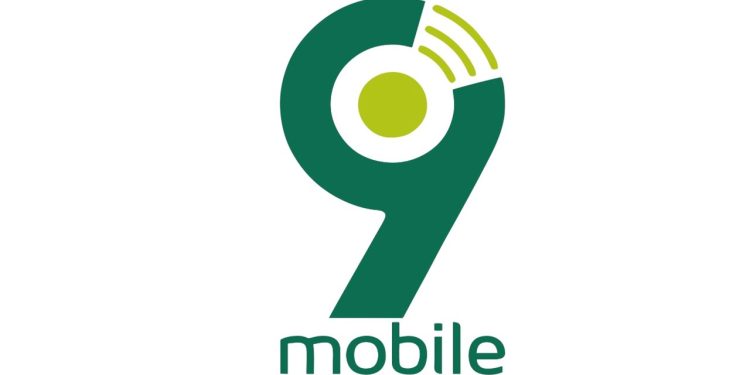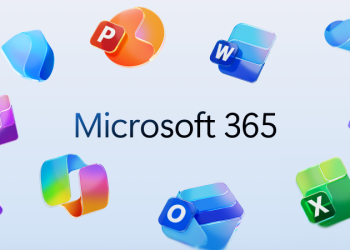After five years of delays, 9mobile has finally received approval from the Nigerian Communications Commission (NCC) to launch national roaming on MTN’s network starting June 2025.
This is a big break for 9mobile as their telecom’s market share dropped to 1.72% by April 2025, down from 6.6% in 2020. The company first asked for this approval five years ago.
National roaming means 9mobile users can now access calls, SMS, and mobile data through MTN’s network, especially in places where 9mobile’s coverage is weak or missing.
The two companies began testing this idea back in 2020 during a short pilot, but the full rollout was stalled. With the new approval, 9mobile can now offer more reliable service across Nigeria without spending billions to expand its own network.
This partnership is built on a roaming and spectrum-sharing agreement signed in August 2020. While 9mobile gains broader coverage, MTN will get access to 9mobile’s unused spectrum in the 900 MHz, 1800 MHz, and 2100 MHz bands—essential tools for boosting network quality.
The 900 MHz band, for example, is great for rural areas and indoor coverage. The 1800 and 2100 MHz bands handle heavy traffic in cities. For MTN’s 84 million users, this means better performance and fewer drops in service.
There are still some concerns. Experts say the NCC may limit how MTN uses this new spectrum to avoid unfair market advantages. Still, the deal is a win-win. 9mobile gets to compete again without huge costs. MTN gains valuable spectrum. And users in underserved areas could finally get better connectivity.
One telecom executive put it simply: “The number three spot is still very much in play. If 9mobile markets its packages well, it can start winning users back.”
For the NCC, this move supports its larger goal which is encouraging network sharing and avoiding wasteful spending on duplicate infrastructure.
If successful, this could become a model for how smaller telecoms survive in a market dominated by giants like MTN and Airtel.






















































